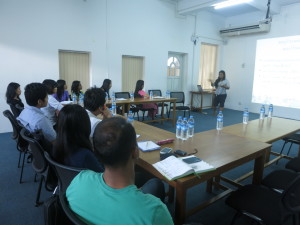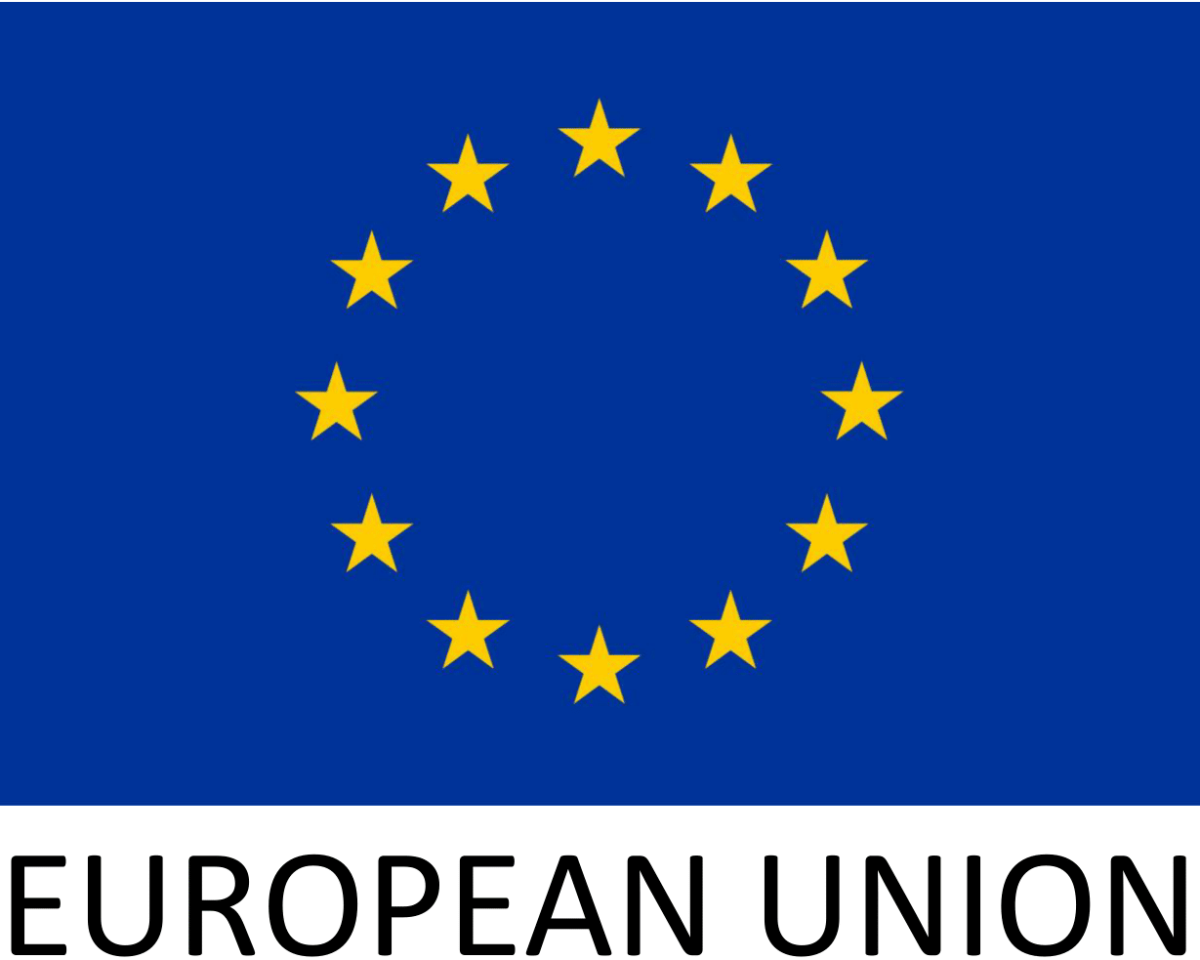 In late October, the SMART Myanmar team attended a training at the International Labour Organization’s (ILO) Yangon office on social dialogue and labour law. Ms. Win Min Aye introduced the objectives of the ILO and explained about the ILO Core Convections. Presently, Myanmar has ratified three of the ILO Core Convections, namely, Forced Labor Law C29, Freedom of Association C87, and Child Labor C182.
In late October, the SMART Myanmar team attended a training at the International Labour Organization’s (ILO) Yangon office on social dialogue and labour law. Ms. Win Min Aye introduced the objectives of the ILO and explained about the ILO Core Convections. Presently, Myanmar has ratified three of the ILO Core Convections, namely, Forced Labor Law C29, Freedom of Association C87, and Child Labor C182.
Ms Win Min Aye also explained to the team about the concepts of “freedom of association” and “collective bargaining”. In particular the discussion focused on the ways in which free association and collective bargaining can protect workers’ rights, but at the same time also be in an employer’s business interest. To be sure, the right to freely associate is an integral part of living in a free and open society. This is something factory owners in Myanmar are quickly coming to understand and appreciate.
The following points were highlighted during the discussion:
Human freedom and dignity as foundational concepts essential for employer/worker relations.
Sustainability of the market economy via wealth transfers made possible by worker rights.
• Orderly labour relations made possible by collective bargaining.
• Democracy and its role in worker and employer organizations.
In collective bargaining the SMART team were made aware that (except armed forces and government administrators), all workers in Myanmar now have the right to bargain collectively. For some in outside countries, this might seem obvious, but Myanmar was isolated and under military rule for decades and such fundamental rights are only recently being grasped and secured.
The team learned about the Labour Organization Law of 2011, which was passed by parliament with several main purposes including:
• An Industrial relations environment that supports economic and social growth
• A strong focus on skills development
• Building better dialogue between employers and workers
• Respect, understanding and mutually beneficial solutions
The workshop concluded with an extensive discussion on social dialogue, which is the best way to solve conflicts which sometimes arise between employers and employees.
Since the beginning of the project the SMART team has worked extensively with production experts and experts on sustainable consumption and production & lean manufacturing, but the team’s exposure to labour law and social dialogue was previously not as developed. As such, the team is grateful for the ILO’s training on these important concepts, which provide knowledge useful throughout all of SMART’s factory activities.










